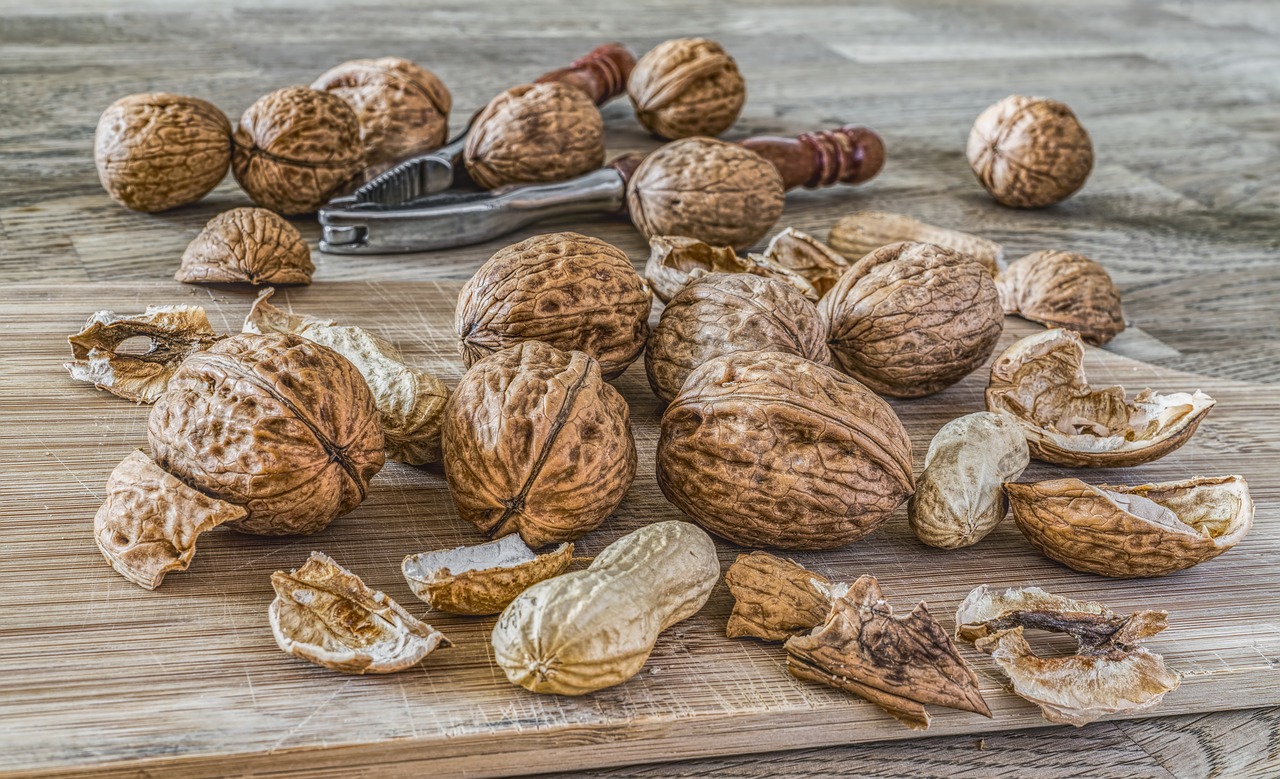Peanuts are the most common triggers for food allergies – one in every 70 children, and one in every 160 adults, is allergic to them. For those with severe allergies, this is a constant battle. Fortunately, a preventive treatment is being developed, and might soon provide a shield against the most harmful allergic reactions.
Anyone with a serious peanut allergy can react to as little as a tiny dash of peanut powder, with symptoms ranging from mild rashes to dangerous anaphylaxis. The latter happens when the immune system releases a torrent of chemicals that can cause a person to go into shock and die, ABC News reports.
Research has proven that pills containing a peanut protein can act similar to a vaccine for the immune system. In a method known as oral immunotherapy, using these pills can potentially reduce the severity of a peanut allergy reaction.
The immunotherapy treatment is geared towards people who have the allergy and who may be exposed to peanuts, even when careful.
The goal is not treatment, but to train a person’s immune system to react less severely when exposed to small amounts of peanuts. The therapy works over time, basically desensitizing a person with allergies using progressively larger doses of peanuts.
Researchers recruited 29 people between the ages of four and 26 across ten cities, and 26 people in a control group. Each of the ones in the first group were given an experimental drug containing peanut flour in the form of a pill. Those in the control group only took pills containing oat flour.
Over six months, those getting the peanut-flour pills were given stronger doses. Then both groups took a “food challenge,” where they were exposed to one and a half peanuts each. It turned out that 79% of those in the peanut pill group showed no adverse reactions. But among those who were taking the oat flour pills, 81% showed mild to moderate allergy symptoms.
More studies are needed to back this treatment, though, before it can be submitted to the FDA. However, the best way for a person to avoid all risks is to stay away from peanuts altogether.
The study was published in the Journal of Allergy and Clinical Immunology: In Practice.
























